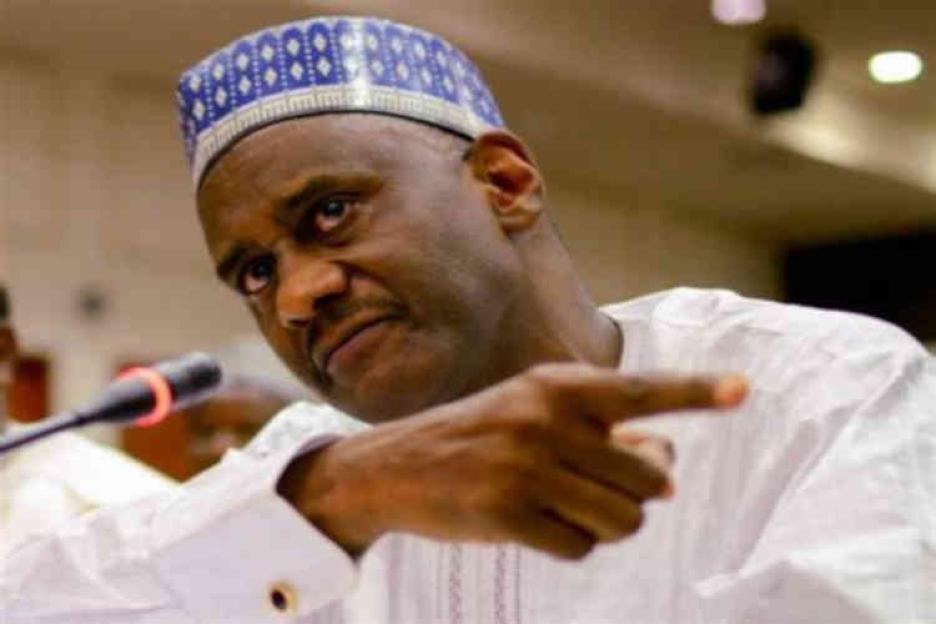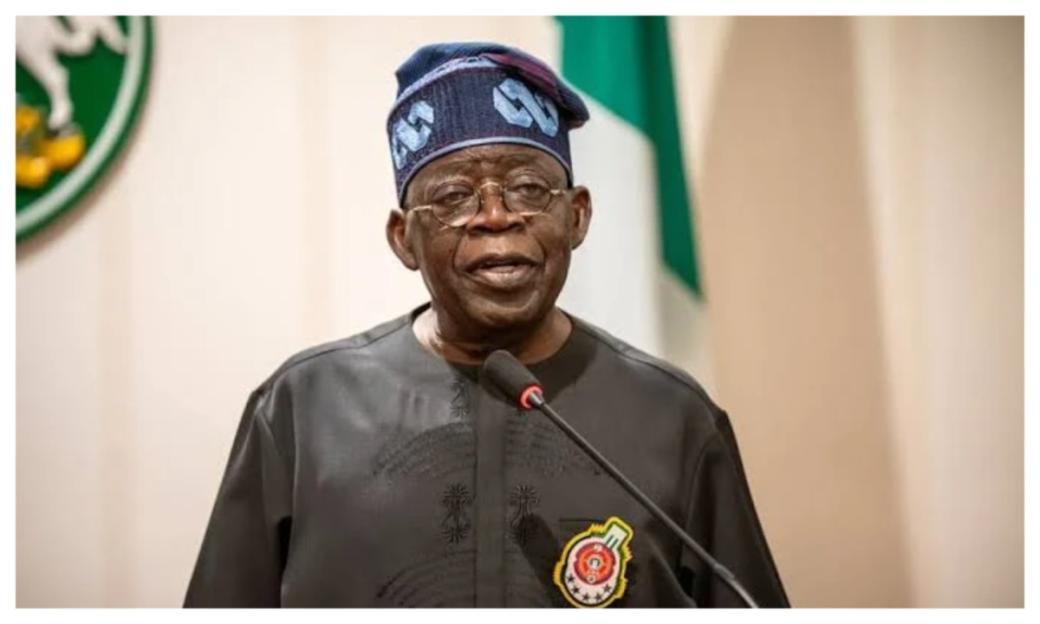Governor Caleb Mutfwang of Plateau State has revealed that about 420 communities were attacked, with nearly 12,000 lives lost and countless livelihoods destroyed between 2001 and May 2025.
He, however, said it was time to stop pointing fingers or comparing who has lost more lives across religious and ethnic divides, saying, “It is time to join hands and unite.”
Mutfwang stated this on Thursday while declaring open the North Central Zonal Public Hearing on National Security, organised by the Senate Ad-hoc Committee, tagged: National Security Summit, in Jos, the Plateau State capital.
He said, “The public hearing of the Senate Committee on National Security could not have come at a better time than now, given the ongoing national conversation on the unacceptable levels of insecurity in our great country.”
According to him, “We in Plateau State have had our fair share of these terrible occurrences which have left a trail of death and destruction.
“As a country, Nigeria is forced to come to terms with the realities of insurgency and terror in terms of the dynamics of their emergence and changing patterns — representing the single most potent threat to both human and national security in Nigeria.”
Mutfwang, who was represented by the Deputy Governor of the State, Mrs. Josephine Piyo, said Plateau State, as an ethnically and religiously diverse federating unit, was christened the ‘Home of Peace and Tourism’ because of its rich history and legacy as the melting point of diversity.
He maintained that “the eruption of violent conflicts in the State is linked to a range of factors, including increased competition over access to land and political power, as well as population dynamics that put communities under undue pressure.
“These have had devastating consequences on the livelihoods, economy, and security of our State and its citizens.
“The consequence of all this is to ask whether government at all levels has fulfilled Section 14, Subsection 2(b) of the 1999 Constitution of the Federal Republic of Nigeria, which provides that the security and welfare of the people shall be the primary purpose of government.”
He continued: “The scale, complexity, and persistence of insecurity across Plateau State is quite evident, to the extent that about 420 communities were attacked, with nearly 12,000 lives lost and countless livelihoods destroyed between 2001 and May 2025.
“The humanitarian, economic, and social toll is profound. The evidence reveals that most of the deadly attacks were neither random nor isolated, but appear deliberate, coordinated, and sustained by multiple factors pursuing economic, territorial, religious, and political agendas.
“The roots of infiltration, the patterns of destruction, and the strategies of occupation all seem to point to a broader agenda of destabilisation, requiring decisive and multi-dimensional responses.
“In addition, a common feature of the plight of rural communities in Plateau State is the phenomenon of land displacement and land grabbing, resulting in loss of lives, livelihoods, land, and destruction of cultures. Criminal groups continue to exploit mining sites, using the proceeds to finance their operations with arms and drugs.
“The Plateau State Government has attempted to curb this menace through measures like mining bans, but challenges remain due to the deep-rooted links between illegal mining and financing criminal activities,” the governor decried.
“Therefore, the initiative of the Senate of the Federal Republic of Nigeria to organise this public hearing on security is a welcome development.”
Mutfwang maintained that the initiative by the Senate, among others, will contribute immensely to finding lasting solutions to “this national calamity that has befallen us.”
“It is time to stop pointing fingers or comparing who has lost more lives across religious and ethnic divides. It is time to join hands and unite.
“I call on all stakeholders to make very honest and useful contributions that will return Plateau State and Nigeria to the path of unity and prosperity,” the governor admonished.
Earlier in his welcome remarks, Senate Minority Leader, Abba Moro, said, “This public hearing has been organised as an instrument of inclusivity to gauge stakeholders’ opinions on how best to understand and collectively address the complex security threats confronting our nation.
“This level of engagement is needed at this point in our nation because from the sprawling urban landscapes to the vast hinterlands of Nigeria, the spectre of insecurity has become so pervasive and debilitating. National headlines have been inundated with stories of protracted conflicts, insurgency in the Northeast, rising militancy in the Niger Delta, farmer-herder clashes, communal conflicts, kidnapping, terrorism, and destruction of farmlands in the Northwest, North Central, and across other parts of the country,” he explained.
According to him, “This exercise we are embarking upon here today is an attestation and affirmation of the seriousness and doggedness that the National Assembly attaches to its constitutional role of safeguarding the lives, property, peace, progress, and prosperity of all Nigerians through lawmaking and other appropriate legislative measures in the overall interest and well-being of the entire citizenry.”







